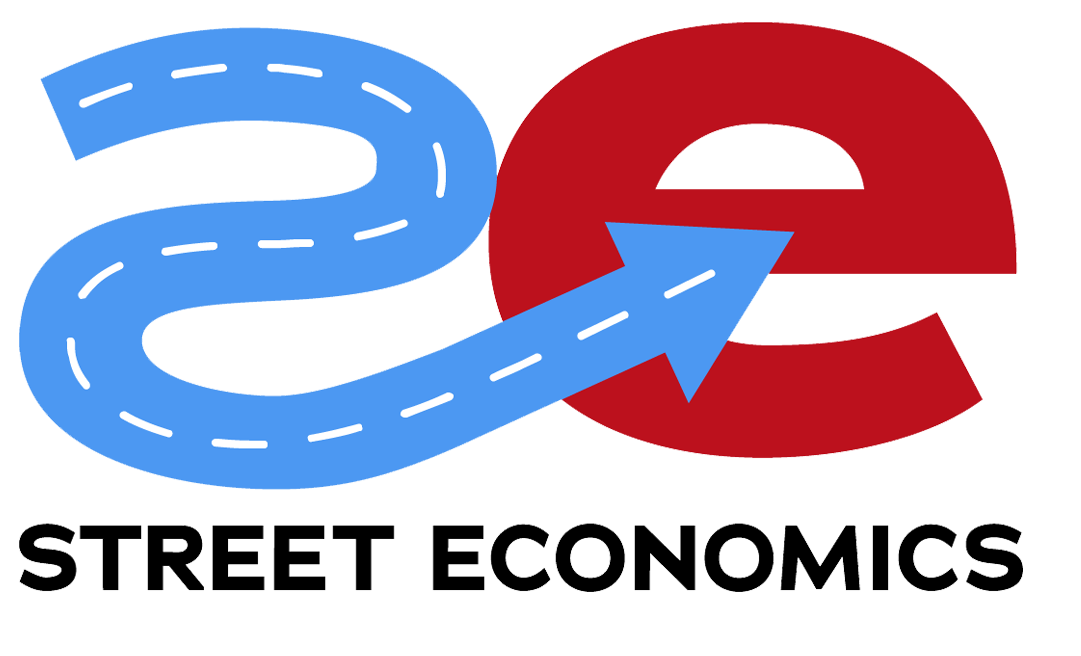BusinessFlare Take
Consumer confidence just tanked to its second lowest level ever recorded as Americans sour on the economy. The University of Michigan – Stephen M. Ross School of Business index plunged to 50.8 (only June 2022 was worse) amid rising prices and tariff chaos. In plain terms, people see inflation sticking and are bracing for the worst. This kind of persistent gloom hits local economies: cautious consumers mean tighter purses on Main Street. The message for city leaders is clear; instability in trade and prices is crushing optimism, and without confidence, spending and investment dry up fast (Wall Street Journal, May 16, 2025).
Street Economics Insight
MIT just disowned a hyped AI research paper after discovering the data was basically garbage. The study by an MIT econ PhD student had claimed an AI tool boosted lab discoveries by 44%, making headlines about productivity gains. Now MIT says it has “no confidence” in the paper’s data or findings and asked for it to be withdrawn. The student is gone, and the embarrassing episode shows how desperate institutions are to grab AI glory. The takeaway: don’t buy the AI hype without verification – demand real evidence before overhauling local policy on a flashy tech promise (Wall Street Journal, May 16, 2025).
Drama Meter Reading
Drama Meter: 9.0 – Tampa’s City Council just gave itself a public black eye, ousting its own chair in a surprise power play. With almost no notice, council member Bill Carlson moved to strip Guido Maniscalco of the chairmanship he’d been reappointed to only days before, rallying a 4-3 vote to replace him with another member. Carlson claims Maniscalco wasn’t “transparent” and withheld information, but Maniscalco says it’s all revenge politics after an ugly personal spat. This level of open infighting – complete with committee assignment snubs on a council member’s birthday – would be comical if it didn’t undermine City Hall’s credibility. Such dysfunction erodes investor and public confidence: businesses see a circus instead of stable governance. Tampa’s leaders need to get their act together or watch deals and development opportunities dry up while they bicker (Tampa Bay Times, May 16, 2025).
Book Drop
Miami-Dade County’s effort to cut red tape is being suffocated by more red tape. A new column from Miami Today Newspaper calls out the county for demanding government efficiency while simultaneously hiding documents, refusing to answer questions, and dragging out requests for basic public information . Officials want to run government like a business, but are failing the most basic transparency tests. This is textbook Red Tape Empire – big talk about reform on one side of the podium, and procedural sabotage on the other. You can’t modernize operations while running interference like it’s 1982. The only thing Miami’s bureaucracy is streamlining is excuses. (Miami Today).
ECOSINT Signal
ECOSINT (economic open source intelligence) Alert: A new investigation reveals a Chinese espionage ring at Stanford University, right in the heart of Silicon Valley. According to the Stanford Review’s report, agents of China’s Ministry of State Security have been posing as students and ingratiating themselves with researchers to steal advanced tech and science secrets. One fake “student” even targeted scholars in sensitive fields, offering free trips to Beijing and asking them to use China’s monitored networks – classic spycraft aimed at siphoning intellectual capital. For city and regional leaders, this isn’t abstract geopolitics – it’s a direct economic threat. The Bay Area’s innovation (and future start-ups) are at risk when foreign operatives troll campuses for R&D to feed their own industries. Local authorities and universities must tighten security and actually enforce reporting rules, or watch their competitive edge and high-tech investments get quietly extracted overseas (Stanford Review, May 15, 2025).
Red River Flavor
An Indigenous-led group in Maine is literally taking food sovereignty into its own hands by reclaiming 245 acres of farmland for Wabanaki farming and culture. The nonprofit Niweskok (“From Stars to Seeds”) raised $1.8 million to buy a former horse farm in Waldo County, aiming to turn it into a hub for growing traditional crops and medicines. In a state where tribal sovereignty battles often get bogged down in politics, the Wabanaki are just getting on with it: planting real food on real land for their people. This back-to-the-earth initiative is as local as it gets – minimal processing, heirloom seeds, and a big thumb in the eye to industrial ag. It’s Goodnight’s Red River philosophy in action up north: skip the bureaucracy and grow your own. The lesson for other communities? Sometimes economic resilience means returning to basics – land, community, and actual food – instead of waiting for permission (Bangor Daily News, May 15, 2025).
The Music Cities
Bryan-College Station, Texas, is firing up the smokers and amps to keep its economy humming while the big stadium sits quiet. With Texas A&M University’s Kyle Field not hosting blockbuster concerts this summer, the twin cities are pinning their hopes on the Troubadour Festival, a barbecue and country music extravaganza, to draw crowds and cash. Last year, a George Strait show and international soccer match at the stadium brought huge economic gains, and local leaders don’t want a slowdown just because the venue’s gone dark. So they’ve doubled down on meat and music: shutting downtown streets for live bands and hauling in 30 of the state’s top BBQ joints to entice visitors. It’s a crafty play to turn a potential summer slump into a tourism win. Rather than mope about an empty stadium, Bryan and College Station are creating their own signature event economy – a reminder to every “Music City” that you can cook up prosperity with a bit of brisket and a few guitars (KBTX, May 16, 2025).
Space Economy Signal
A rocket-launch boom on California’s Central Coast is rattling more than windows – it’s shaking up local policy. SpaceX ’s relentless launch schedule out of Vandenberg Space Force Base (already 20 orbital launches this year) has nearby communities complaining about sonic booms, wildfires, and mysterious fumes. The Air Force and Federal Aviation Administration have even kicked off public hearings as SpaceX pushes to double its launch rate to 100 a year. Residents in Lompoc are asking city leaders uncomfortable questions: “Is it normal for my house to shake?” and “What exactly are we breathing?”. The new space race brings jobs and investment, but also local headaches, literally. City and county officials around Vandenberg now face a policy puzzle: how to embrace the space economy’s growth without torching quality of life. This means negotiating tougher environmental oversight, infrastructure for safety, and maybe some cash for community benefit. One thing is clear: the rockets aren’t waiting, so local governments had better launch a plan of their own (Spaceflight Now, May 16, 2025).
Purple Cow of the Day
Leave it to Bhutan, the Himalayan kingdom obsessed with Gross National Happiness, to attempt the boldest economic development experiment on the planet. They’re building a $100 billion “Mindfulness City” from scratch, a project at a scale that’s about 30 times Bhutan’s entire GDP. Gelephu Mindfulness City, as it’s called, will span 2,500 square kilometers near the Indian border and operate under special rules valuing environmental and spiritual well-being alongside profit. Think green tech industry, meditation parks, electric vehicles only – basically a utopian city for “mindful capitalism.” In a truly off-the-wall financing twist, Bhutan’s government is inviting ordinary citizens to buy “Nation Building” bonds to co-fund a new international airport and infrastructure for the city. It’s an almost absurd gamble on a new kind of economy – part startup hub, part monastery. Skeptics ask whether this vision can really attract investors or if it’s a $100 billion daydream. But Bhutan is betting its future (and borrowing its people’s money) on the idea that a happier capitalism can pay the bills. If it works, city leaders everywhere might start adding yoga and mindfulness to their economic playbooks – and if it fails, well, at least they tried something truly remarkable (Reuters, Nov 11, 2024).
About Street Economics Daily
Street Economics Daily cuts through noise, jargon, and bureaucracy to deliver sharp, actionable insights for civic and economic development professionals. Blunt, irreverent, and grounded firmly in reality, it’s essential daily reading for city leaders who refuse to settle for outdated strategies.
BusinessFlare | Street Economics | Drama Meter | The Music Cities | Goodnight’s Red River



Comments are closed